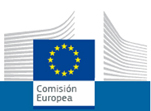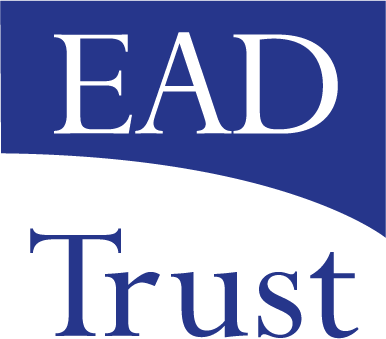Easier and more secure cross-border transactions
The new regulation provides a common foundation for secure electronic interaction between businesses, citizens and public authorities.

It seeks to increase the effectiveness of public and private online services, electronic business and electronic commerce in the EU and to enhance trust in electronic transactions in the internal market. Mutual recognition of electronic identification and authentication is vital, for instance in making cross-border healthcare for European citizens a reality.
System for mutual recognition of electronic identification
The new rules require member states to recognise, under certain conditions, means of electronic identification of natural and legal persons falling under another member state’s electronic identification scheme which has been notified to the Commission. It is up to the member states to choose whether they want to notify all, some or none of the electronic identification schemes used at national level to access at least public online services or specific services.
These rules only cover cross-border aspects of electronic identification, and issuing means of electronic identification remains a national prerogative.
Timeline for mutual recognition
Those member states which so wish may join the scheme for recognising each others’ Comission notified e-identification means as soon as the necessary implementing acts are in place. This is expected to take place in the second half of 2015. The mandatory mutual recognition is expected to kick off in the second half of 2018.

